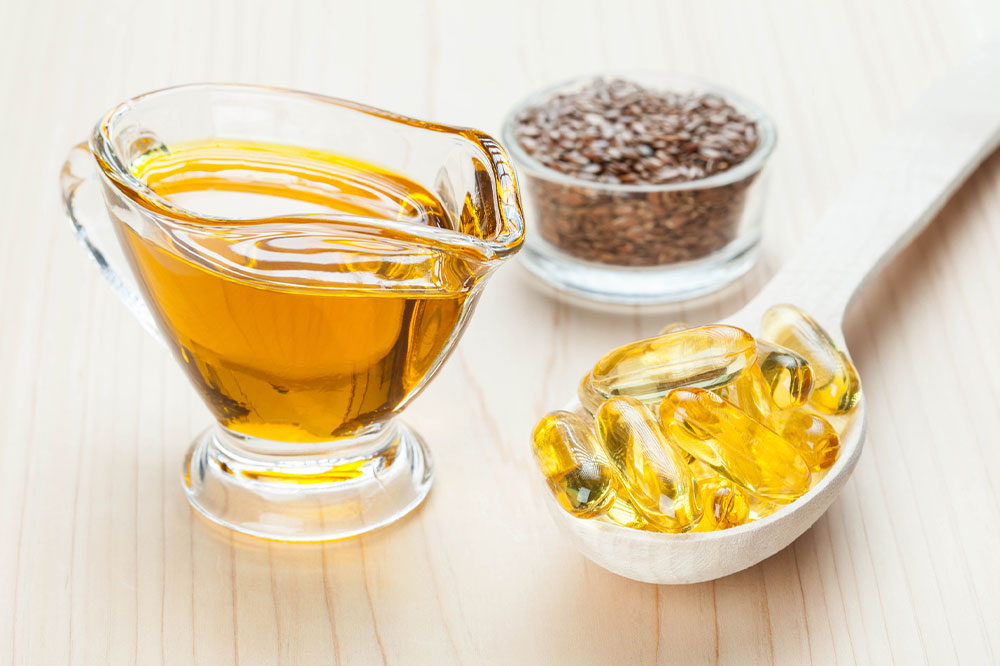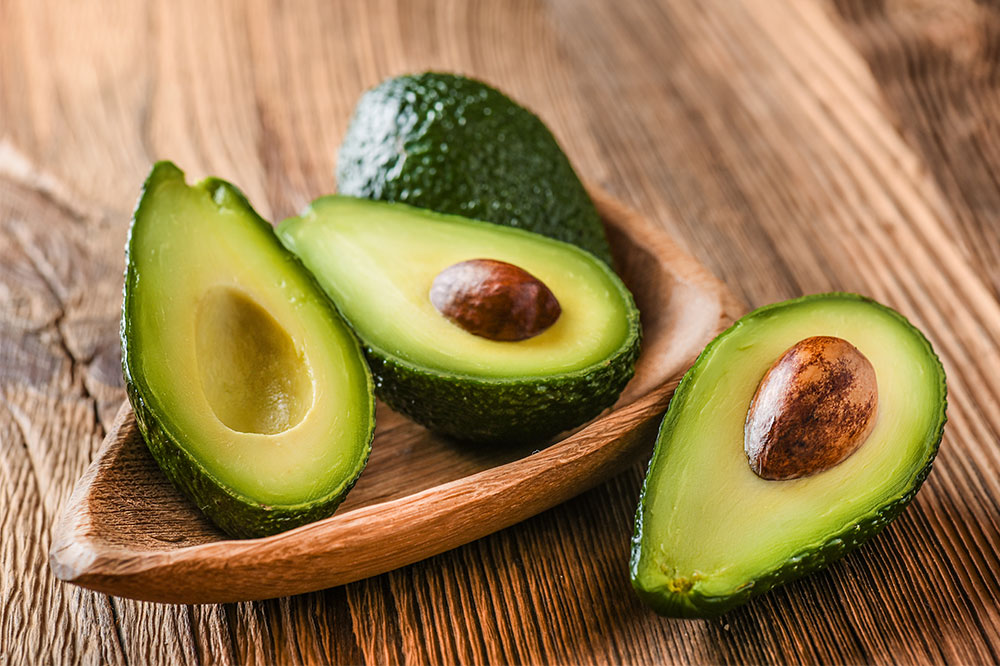Comprehensive Guide to Nutritional Strategies for Managing Migraines
This comprehensive guide discusses the top nutritional strategies to manage and prevent migraines. It highlights the importance of foods rich in magnesium, ginger, omega-3 fatty acids, and vitamin B2, offering practical dietary advice to alleviate symptoms and reduce attack frequency. Incorporating these nutrients into daily meals, combined with hydration and lifestyle adjustments, can significantly improve quality of life for migraine sufferers.

Comprehensive Guide to Nutritional Strategies for Managing Migraines
Migraines are a complex neurological condition that can significantly impact daily life. They vary in intensity, duration, and frequency among individuals, making personalized management essential. While pharmacological treatments are common, adopting specific dietary habits can serve as an effective complementary approach to reducing the severity and frequency of migraines. An informed diet not only helps in alleviating ongoing symptoms but also acts as a preventive measure against future attacks. This article explores essential nutritional remedies that have been scientifically linked to migraine relief, providing practical advice on how to incorporate these foods into your daily routine.
Understanding how diet influences migraine symptoms is crucial for anyone affected by this condition. Certain nutrients play vital roles in neurological health and inflammation regulation, which directly impacts migraine manifestations. Incorporating foods rich in these nutrients can offer a natural pathway to alleviate symptoms and improve overall well-being. Let’s dive into the top four dietary strategies for managing migraines effectively.
Foods Rich in Magnesium
Ginger’s Anti-inflammatory Properties
Omega-3 Fatty Acids from Fatty Fish
Vitamin B2 (Riboflavin) for Migraine Prevention
One of the most well-studied nutritional strategies involves increasing magnesium intake. Magnesium plays a crucial role in nerve function and blood vessel regulation. Research consistently shows that many individuals suffering from migraines have lower magnesium levels than those who do not experience migraines. Therefore, boosting magnesium intake through diet can be a simple yet effective method to reduce attack frequency and severity.
Incorporate magnesium-rich foods such as brown rice, spinach, kale, almonds, pumpkin seeds, dried apricots, and avocados into your daily meals. These foods are not only delicious but also safe and accessible. Regular consumption of magnesium can help calm nerve activity and improve vascular function, thereby diminishing the likelihood of migraine episodes.
Ginger has long been recognized for its therapeutic properties, especially its anti-inflammatory effects. The active compounds in ginger, such as gingerol and shogaol, can help lessen inflammation in blood vessels and nerve tissues associated with migraines. Preparing ginger tea by steeping fresh ginger slices with a hint of honey can provide relief during migraine attacks. Be mindful not to consume excessive amounts of ginger, as it can cause gastrointestinal discomfort or interact with certain medications.
Omega-3 fatty acids, particularly EPA and DHA found in fatty fish like salmon, mackerel, sardines, and anchovies, have potent anti-inflammatory effects. Regular dietary intake of these nutrients can help lower the frequency and severity of migraines by reducing inflammation within neural tissues. Including fatty fish in your weekly diet or taking omega-3 supplements after consulting with your healthcare provider can be beneficial.
Riboflavin, also known as vitamin B2, has been demonstrated to decrease the intensity and duration of migraine attacks. Foods high in riboflavin include low-fat dairy products, lean meats such as chicken and turkey, green leafy vegetables like spinach and spinach, as well as fortified cereals. Incorporating these foods into your meals can support neurological health and offer a preventive strategy against migraines.
In addition to optimizing your diet with these foods, staying well-hydrated is essential, as dehydration can trigger migraines. Avoiding common dietary triggers such as processed foods, caffeine, and artificial sweeteners is equally important. A comprehensive approach combining nutrition, hydration, and lifestyle adjustments can significantly enhance your quality of life and reduce the frequency and severity of migraine episodes.
Consulting with a healthcare professional or a registered dietitian can help tailor dietary strategies specific to your needs. Remember, while dietary changes can be powerful, they should complement other medical interventions under professional guidance. With consistent effort, adopting these nutritional remedies can lead to a noticeable improvement in managing migraines effectively.





